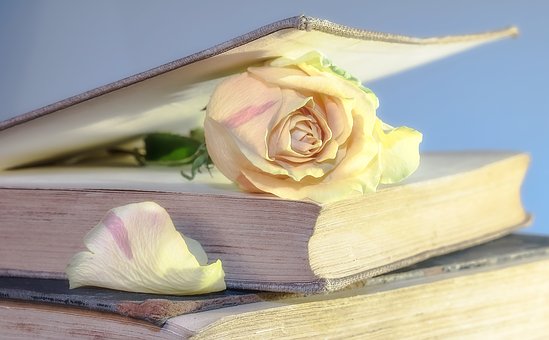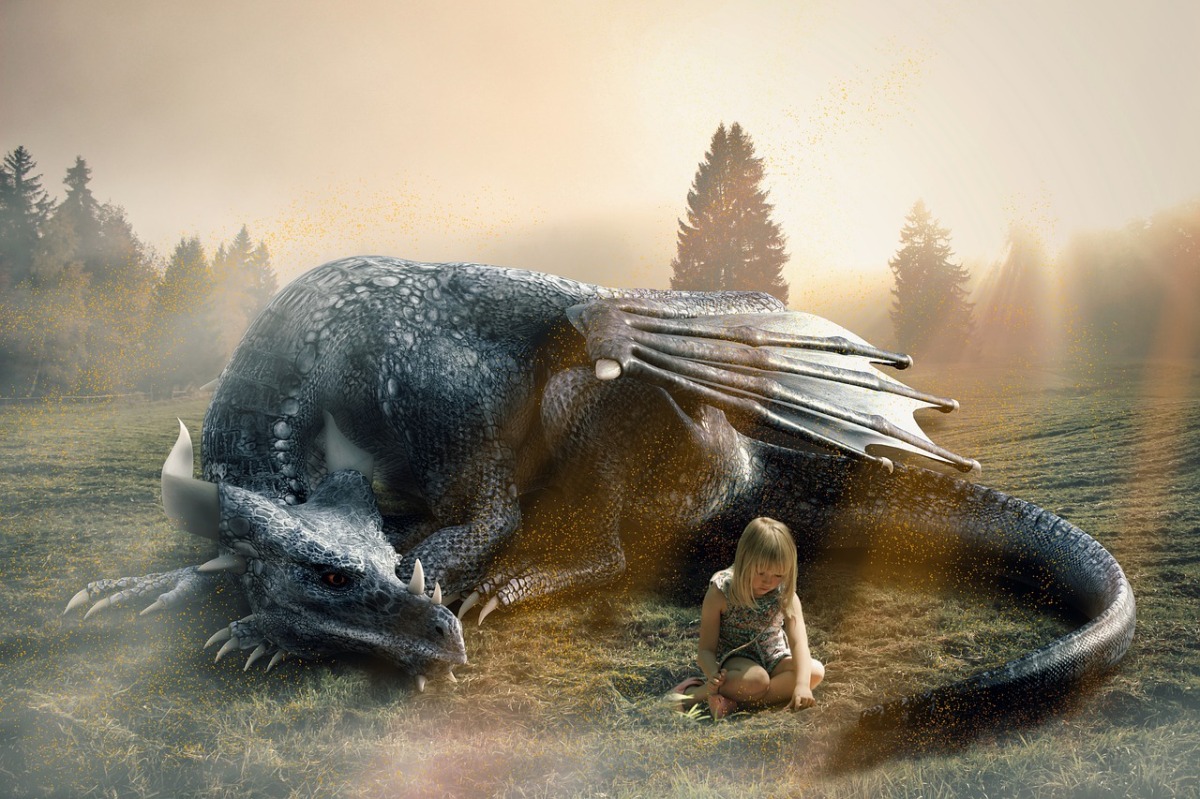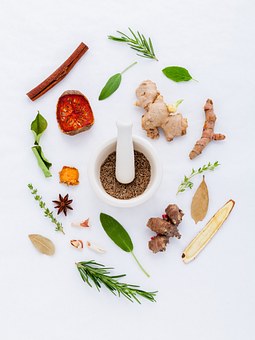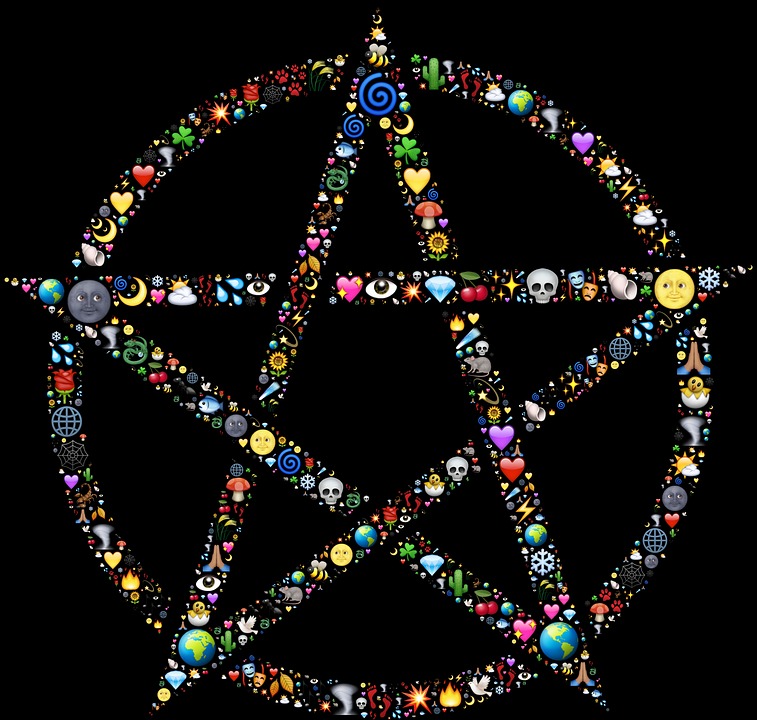A few quotes about Druids:
“The principal point of their teaching is that the soul does not perish, and that after death it passes from one body into another.” …..Julius Caesar.
“Among them the doctrine of Pythagoras prevails, according to which the souls of men are immortal, and after a fixed term recommence to live, taking upon themselves a new body.”….Diodorus
According to some sources, this transmigration of the soul was done in an upward fashion, with each incarnation bringing the Being closer to the True Spirit. According to others, we are reincarnated into future lives of our progeny…thus Mongan is The Spirit of Fionn reincarnated in the Seventh Century CE (Fionn himself was said to be Cumhail reincarnated). As we have seen previously, the Spirit of Tuan mac Carill is reincarnated several times as a variety of animals until he is reborn in the sixth century and relates his history of Ireland from the time of Partholan forward, St. Finnen is the Irish monk to whom the story was related. This story was eventually recorded in the Eleventh century manuscript, “The Book of the Dun Cow”.
No record exists to indicate that the Druids believed in “karma”, duality (as seen in the concept of “good and evil”), original sin (actually they believed man was inheritly good), nor a heaven and hell afterlife.
Where did one’s soul reside then? Many stories were told and written of the Otherworlds that awaited the Spirit between incarnations, these stories are called immrama or “wonder voyages” and usually involve taking ship to a Magickal Isle. The voyages of Bran and St. Brendan generally fit into these catagories.
When one arrives at an Otherworldly island, time can pass extremely slowly compared to the Physical world. Oisin the son of Fionn went to such a faery world for a few days only. When he returned for a visit upon one of those Magickal White Horses, he discovered that many hundreds of years had passsed. Although he had been cautioned not to dismount during his visit, he did so and was immediately transformed into an extremely elderly man. St. Patrick was brought to him and heard his many stories of the exploits of Fionn and the Fianna as well as the lands of Tir na Og. Oisin was eventualy rescued by his Sidhe princess and returned to the Land of Eternal Youth. Some of the other Lands are called:
Tir fo Thuinn – Land under the Wave.
Tir na mBan – Land of Women.
Tir na mBeo – Land of Life.
These four Tirs or lands make up the Celtic Underworld where Souls reside until reborn. There are also Plains above that are generally the habitations of the Gods.
Thes are:
Sen Magh – Old Plain
Magh Argetal – Plain of Silver Clouds
Magh Mell – Plain of Delight
Magh Ionganaidh – Plain of Wonder
The Irish Celts felt that the Being had the following attributes or divisions:
Delph – The appearance or Outer form
Duile – The Body Elements (flesh, bone, blood, etc)
Ana’l – The breath or anima
Menma – The Mind and the Will
Cuimhne – The Memory
Fein – The Self
Pu’ca – The shape-shifting Shadow
Enaid – The Soul.
I would like to finish my remarks on Reincarnation and Transmigration with another ancient verse. This verse is from the Fifth Century CE and is the translation by Kuno Meyer:
“I invoke the seven daughters of the sea
Who fashion the threads of the sons of long life.
May three deaths be taken from me!
May seven waves of good fortune be dealt to me!
May no evil spirits harm me on my circuit!
In flashing corslet without hindrance!
May my fame not perish!
May old age come to me, may death not come
To me until I am old!”
“I invoke Senach of the seven periods of time,
Whom fairy women have reared on the breasts of plenty.
May my seven candles not be extinguished!
I am an indestructable stronghold.
I am an unshaken rock.
I am a precious stone.
I am the luck of the week.
May I live a hundred times a hundred years.
Each hundred of them apart!
I summon their boons to me.
May the grace of the Holy Spirit be upon me!”
That’s the Celtic view of life! To live but to have variety and passion, while reincarnating over and over!





